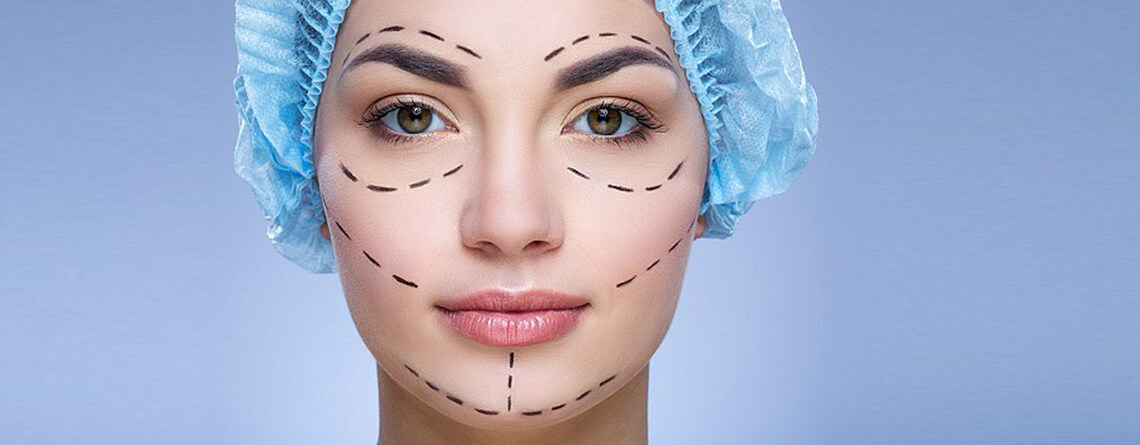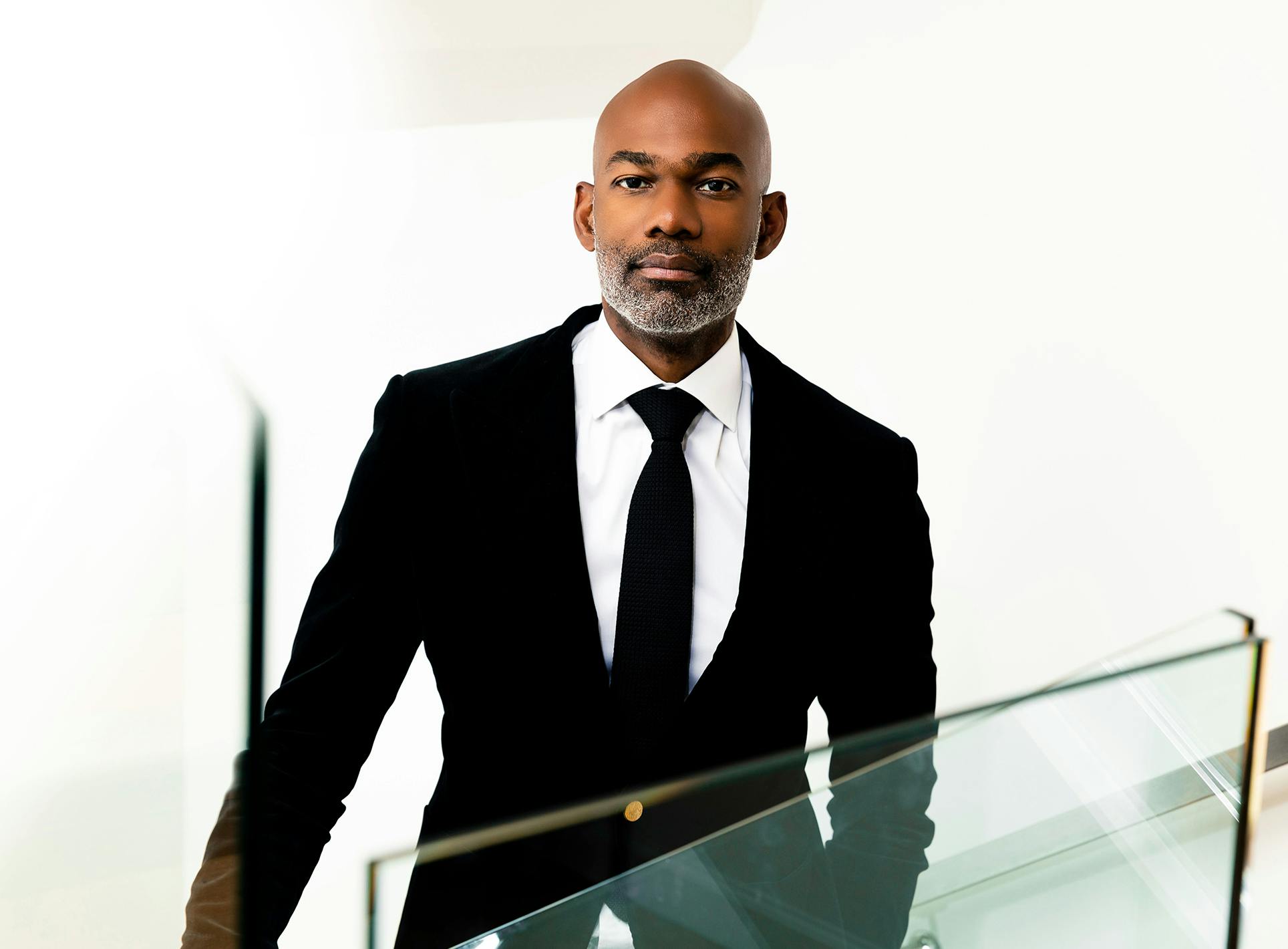The Impact of Self-Image on Decision-Making: Factors Why Many People Pursue Plastic Surgery for Physical Makeover
The interplay in between self-image and decision-making is a complex sensation, particularly obvious in the increasing pattern of people selecting plastic surgery as a way of physical makeover. Motivated by a need to meet individual ideals and societal assumptions, many individuals come to grips with concerns of self-esteem that can dramatically impact their options. As exterior stress from social networks and social standards heighten sensations of insufficiency, a crucial concern emerges: what are the underlying psychological elements that drive this quest of modified looks, and what effects do these decisions hold for individuality and wellness?
Comprehending Self-Image
Self-image describes the psychological image and perception an individual holds about themselves, encompassing elements such as physical appearance, characteristic, and total self-regard - mommy makeover rancho cucamonga. This inner depiction significantly influences how people interact with the globe and can be a driving pressure behind numerous life selections, consisting of the choice to undertake plastic surgery
A favorable self-image usually associates with greater self-confidence and a sense of confidence, fostering an aggressive strategy to life. Alternatively, an adverse self-image may result in feelings of insufficiency and frustration, triggering individuals to seek exterior remedies to viewed defects. This quest for improvement can show up in the wish for physical change through cosmetic treatments.
Additionally, societal standards and social influences play an essential function in shaping self-image. The prevalent nature of media and peer comparisons can amplify sensations of insecurity, motivating people to alter their look in quest of acceptance or authorization. Understanding these characteristics is vital in comprehending the inspirations behind cosmetic surgical treatment. Inevitably, self-image is a complicated construct that intertwines with psychological well-being, social expectations, and individual aspirations, making it an essential element in the decision-making procedure relating to aesthetic enhancements.
Psychological Aspects at Play
Countless mental aspects influence an individual's choice to seek cosmetic surgery, commonly rooted in deeper emotional and cognitive procedures. One substantial factor is low self-worth, which might emerge from negative self-perceptions or discontentment with one's look. People with diminished self-respect might believe that altering their physical functions will certainly boost their total value and acceptance in social contexts.
Additionally, the idea of body dysmorphic condition (BDD) plays a crucial role. Individuals experiencing BDD experience a compulsive emphasis on regarded imperfections in their appearance, leading them to seek surgical intervention as a solution. This compulsive desire for change can substantially misshape their self-image, driving them to go after treatments in spite of the capacity for negative results.

Social Stress and Expectations
A substantial impact on individuals' choices to undertake cosmetic surgical treatment stems from social pressures and expectations that infuse contemporary culture. In a period dominated by social media and consistent visual direct exposure, idealized standards of appeal are frequently showcased, creating a prevalent environment where physical look is intensely looked at. Such requirements frequently determine what is thought about eye-catching, leading individuals to really feel obliged to satisfy these suitables.
Moreover, the normalization of aesthetic enhancements in prominent society additionally exacerbates these pressures - mommy makeover Source rancho cucamonga. Celebs and influencers honestly discussing their operations can produce an assumption that such alterations are not just additional info appropriate but preferable. This sensation can engender sensations of insufficiency in individuals who might feel their natural appearance does not line up with social benchmarks
Furthermore, the impact of peer groups can not be neglected. People might experience indirect or straight stress from pals or family members, leading to a common recognition of cosmetic surgical procedure as an acceptable means to accomplish an idyllic self-image. Subsequently, these societal expectations can substantially influence individual decision-making procedures, frequently eclipsing innate inspirations for self-improvement and cultivating a society where physical transformation is pursued as a treatment for viewed drawbacks.

Instance Studies and Personal Stories
Several individuals have shared their individual journeys concerning plastic surgery, revealing a complicated interaction in between self-perception and social impacts. For circumstances, a 34-year-old lady described how years of feeling insufficient as a result of her nose led her to seek nose surgery. She reported that after the treatment, her self-confidence rose, allowing her to Full Article engage more easily in social scenarios and progress her career. Yet, she acknowledged that her decision was greatly affected by media representations of elegance.
Similarly, a male client in his late twenties recounted his battle with body dysmorphic disorder, which prompted him to pursue liposuction. His experience highlighted not only a desire for physical transformation but also an aspiration for acceptance amongst peers. Post-surgery, he shared a restored feeling of self-regard, albeit with the understanding that inner recognition must precede external changes.
These study emphasize a more comprehensive pattern: individuals typically see cosmetic surgery as a pathway to boosted self-image. Nonetheless, the narratives also disclose an essential viewpoint on the stress and assumptions that shape these decisions, recommending that personal stories are deeply linked with societal norms and worths.
Alternatives to Plastic Surgery

Skincare therapies, including chemical peels and microdermabrasion, can boost skin texture and tone, resolving issues like acne marks or uneven coloring. Additionally, laser treatment is an effective technique for targeting details skin problems, such as sunlight damage or vascular lesions, advertising a more younger look.
For those seeking body improvement, non-invasive fat reduction methods like CoolSculpting can aid eliminate persistent fat down payments without surgery. Physical fitness programs and dietary counseling are likewise essential tools for individuals intending to attain a healthier body image. Eventually, these choices can provide considerable outcomes while aligning with personal comfort degrees and choices, cultivating a positive self-image without the permanence of plastic surgery.
Verdict
People frequently seek physical transformation in an effort to boost self-confidence and align with perceived requirements of appeal. By exploring choices and cultivating a healthier self-image, people might discover much more sustainable pathways to self-acceptance and well-being.
The interaction in between self-image and decision-making is an intricate phenomenon, especially evident in the increasing pattern of individuals opting for cosmetic surgery as a method of physical change.Countless psychological aspects affect a person's choice to go after cosmetic surgical treatment, commonly rooted in deeper cognitive and psychological procedures.A significant impact on individuals' decisions to undergo cosmetic surgical treatment stems from social pressures and assumptions that suffuse modern culture. People may experience indirect or straight pressure from friends or household, leading to a public validation of cosmetic surgical treatment as an appropriate means to accomplish an idealized self-image.Many individuals have shared their individual journeys concerning cosmetic surgical treatment, revealing a complicated interaction in between self-perception and societal impacts.